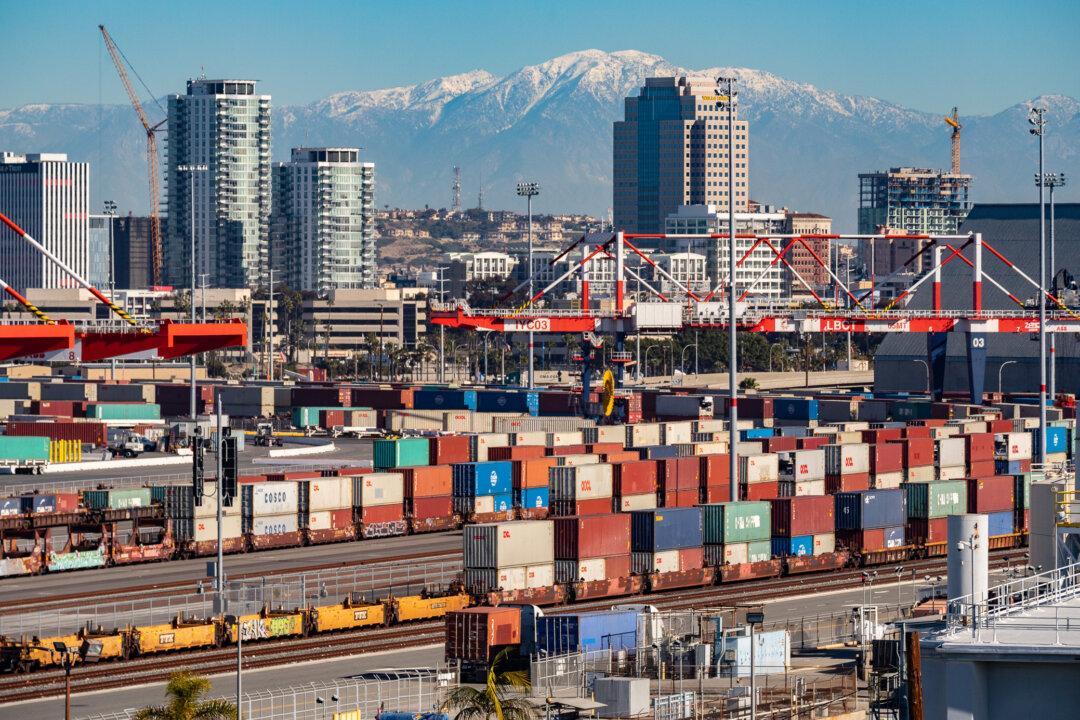President Joe Biden has signed an executive order creating an emergency board to investigate failed contract talks between the nation’s oldest rail workers union and a dozen carriers threatening to shut down rail shipments on July 15.
“I have been notified by the National Mediation Board that in its judgment these disputes threaten substantially to interrupt interstate commerce to a degree that would deprive a section of the country of essential transportation services,” the president wrote in the executive order on July 15.





